Artificial Intelligence (AI) has been transforming industries across the globe, and Human Resources (HR) is no exception. The integration of AI into HR tech is reshaping how organizations recruit, manage, and retain talent, offering numerous benefits while also posing unique challenges.
Recruitment and Talent Acquisition
a. Automated Screening and Sourcing AI-powered tools streamline the recruitment process by automating candidate sourcing and screening. Machine learning algorithms analyze resumes and applications, identifying the best-fit candidates based on predefined criteria. This reduces the time and effort HR professionals spend on initial candidate vetting.
b. Predictive Analytics AI enhances predictive analytics, enabling recruiters to forecast a candidate’s potential success within the company. By analyzing data from past hires and performance metrics, AI can identify patterns and predict which candidates are likely to thrive in specific roles.
c. Reducing Bias AI can help mitigate unconscious bias in the hiring process. By focusing on data-driven criteria rather than subjective judgments, AI-driven recruitment tools promote diversity and inclusivity. However, it’s crucial to ensure that the algorithms themselves are not biased, necessitating continuous monitoring and refinement.
Employee Engagement and Retention
a. Personalized Employee Experiences AI enables personalized employee experiences by analyzing data on individual preferences, performance, and engagement levels. This allows HR to tailor development programs, recognition initiatives, and career paths to each employee, fostering a more engaging and fulfilling work environment.
b. Predictive Retention Analytics AI can predict employee turnover by analyzing factors such as job satisfaction, engagement scores, and performance data. HR departments can use these insights to proactively address issues and implement strategies to retain top talent, reducing turnover rates and associated costs.
c. Chatbots and Virtual Assistants AI-powered chatbots and virtual assistants enhance employee support by providing instant answers to HR-related queries. These tools can handle routine tasks such as benefits inquiries, leave requests, and policy clarifications, freeing up HR professionals to focus on more strategic initiatives.
Learning and Development
a. Personalized Learning Paths AI-driven platforms create personalized learning paths for employees, tailoring training programs to individual needs and career goals. By analyzing skills gaps and performance data, AI recommends relevant courses and resources, ensuring employees receive targeted and effective training.
b. Real-time Feedback and Coaching AI tools provide real-time feedback and coaching to employees, helping them improve their skills and performance continuously. Through natural language processing and sentiment analysis, AI can offer constructive feedback and suggest specific actions for improvement.
c. Gamification and Engagement AI enhances gamification in learning and development programs, making training more engaging and enjoyable. Gamified elements, such as quizzes, challenges, and rewards, motivate employees to participate actively and retain knowledge more effectively.
Performance Management
a. Continuous Performance Monitoring AI facilitates continuous performance monitoring, moving away from traditional annual reviews. By collecting and analyzing real-time performance data, AI provides ongoing insights into employee progress, enabling timely feedback and development opportunities.
b. Objective Evaluations AI-driven performance management systems reduce subjectivity in evaluations by relying on data-driven metrics. This ensures fair and objective assessments, fostering a culture of transparency and accountability within the organization.
c. Identifying High Performers AI helps identify high performers and high-potential employees by analyzing performance data and patterns. HR can use these insights to create targeted development plans and succession strategies, ensuring the organization retains and nurtures its top talent.
Challenges and Considerations
a. Data Privacy and Security The integration of AI in HR tech raises concerns about data privacy and security. Organizations must ensure that employee data is protected and comply with regulations such as GDPR and CCPA. Implementing robust data governance policies is essential to mitigate risks.
b. Ethical Considerations AI systems must be designed and used ethically to avoid potential biases and discrimination. Continuous monitoring, transparency in algorithms, and ethical guidelines are necessary to ensure AI benefits all employees fairly.
c. Change Management The adoption of AI in HR tech requires a cultural shift within organizations. HR professionals must be trained to work with AI tools, and employees must be prepared for the changes AI will bring to their work environment. Effective change management strategies are crucial for successful implementation.
India, known for its burgeoning tech industry, is home to several companies that are leveraging Artificial Intelligence (AI) in HR tech to streamline processes and enhance employee experiences. Companies like DarwinBox, Keka, Edgenetworks, Phenom People etc. are some of the examples.
The impact of AI on HR tech is transformative, offering numerous benefits in recruitment, employee engagement, learning and development, and performance management. While the advantages are significant, organizations must navigate challenges related to data privacy, ethics, and change management. By leveraging AI responsibly and strategically, HR departments can create a more efficient, fair, and engaging work environment, driving organizational success in the digital age.





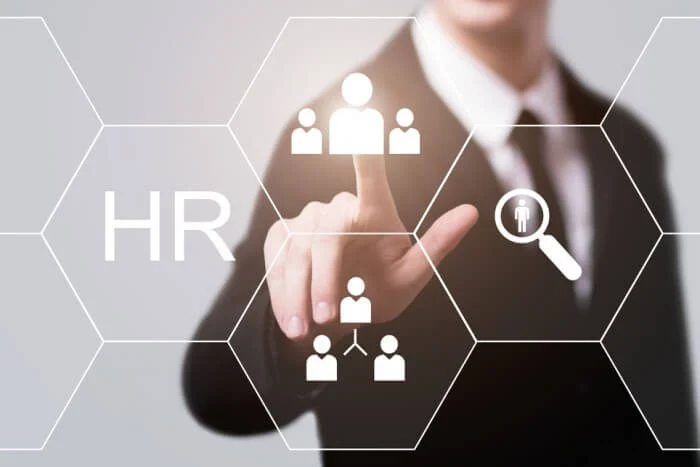

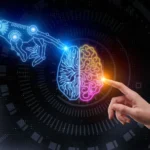


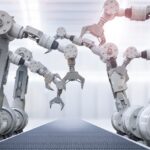
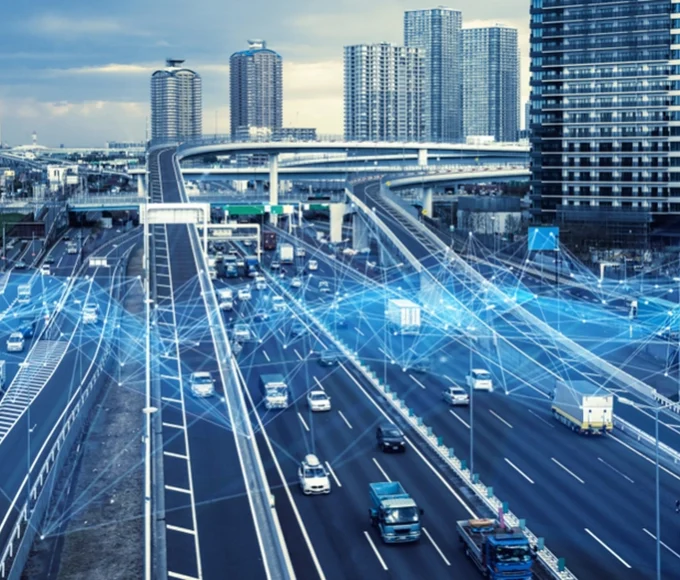
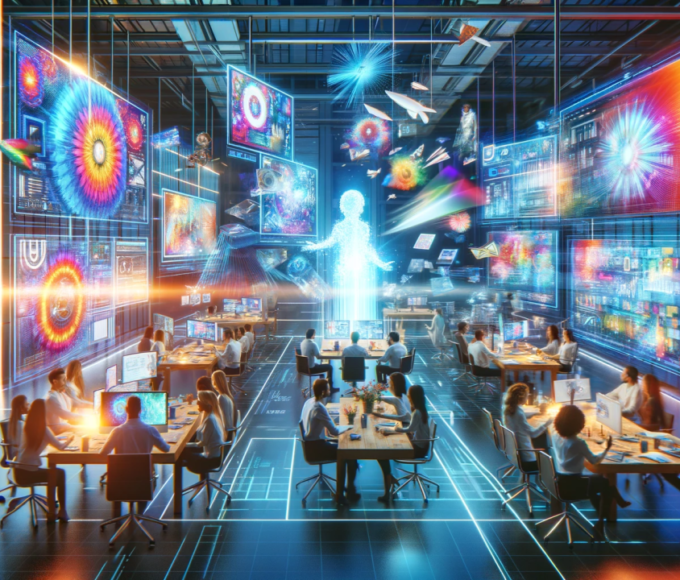


Leave a comment